
I have tried numerous online tools to keep my life organized, and I constantly look for a better tool, even if I settle with one in the present.
In the journey of exploring such tools, Notion is probably my super favorite. Whether you are looking for a second brain app, something to manage team tasks, or to jot down ideas, Notion is an all-in-one app.
Unfortunately, it is not an open source app or the most privacy-focused solution out there.
So, if you want something that does a better job at taking control of your data, offers a reviewable source-code, or just offers something different, there are some alternatives you can choose instead.
While I still swear by Notion for personal usage, I do see other choices worthy of a switch for various users. Hence, I shall highlight the unique traits for each of them.
1. AFFiNE
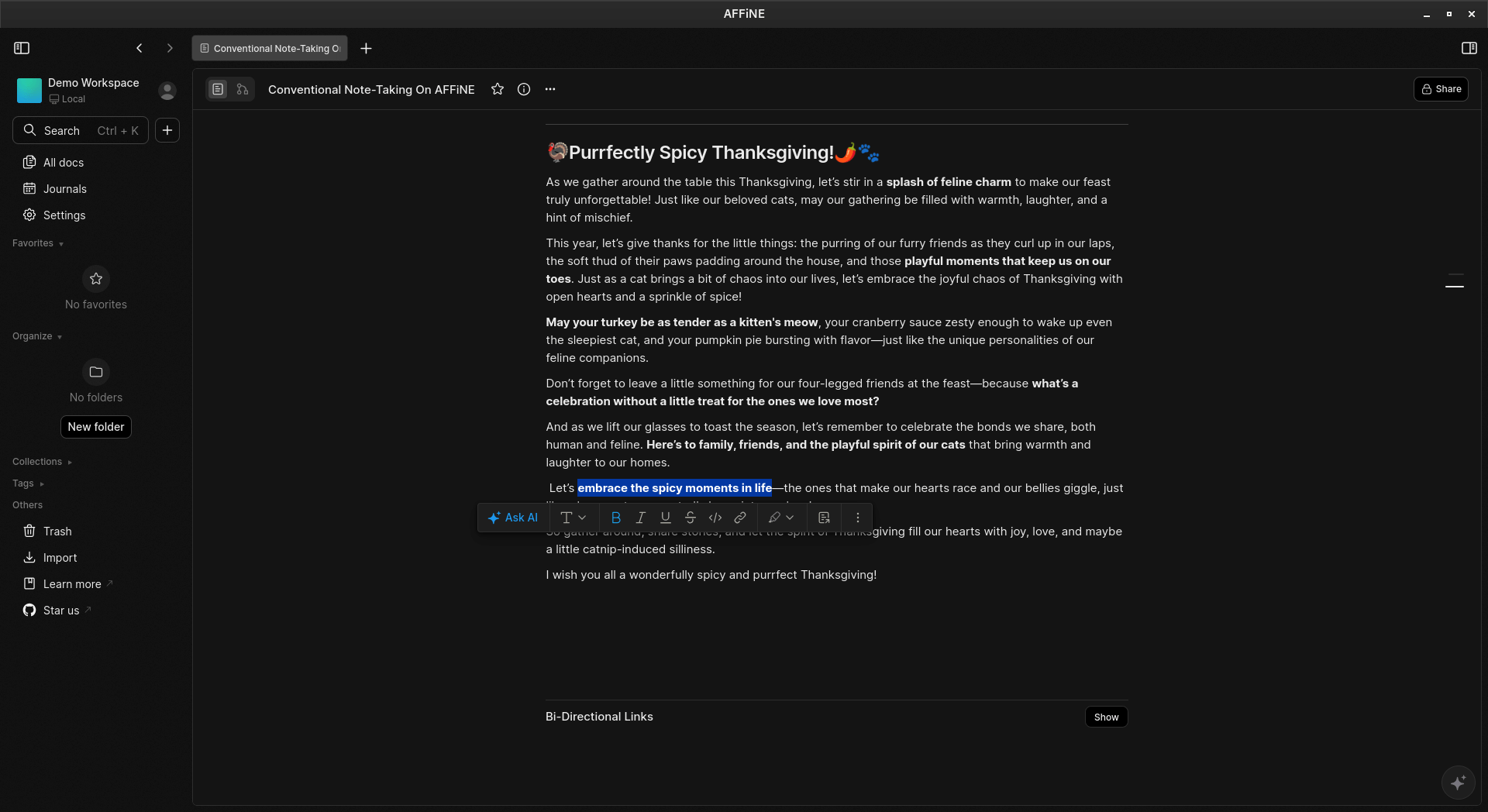
✅ Open Source
✅ Visualization / Drawing
✅ Note-taking / Journal
✅ Team collaboration
✅ AI assistant (paid)
✅ Self-host
❌Calendar
❌Two-factor Authentication (cloud)
❌Google Drive/Slack connections
❌No mobile apps
AFFiNE is a good open source alternative to Notion and a couple of other tools. At first glance, I see a striking resemblance to the user interface, making it look like a clone, which can be a good/bad thing as per your taste 😉
That being said, AFFiNE tries to do more than what Notion has to offer. It focuses on being local-first, and also offers drawing capabilities as standout features.
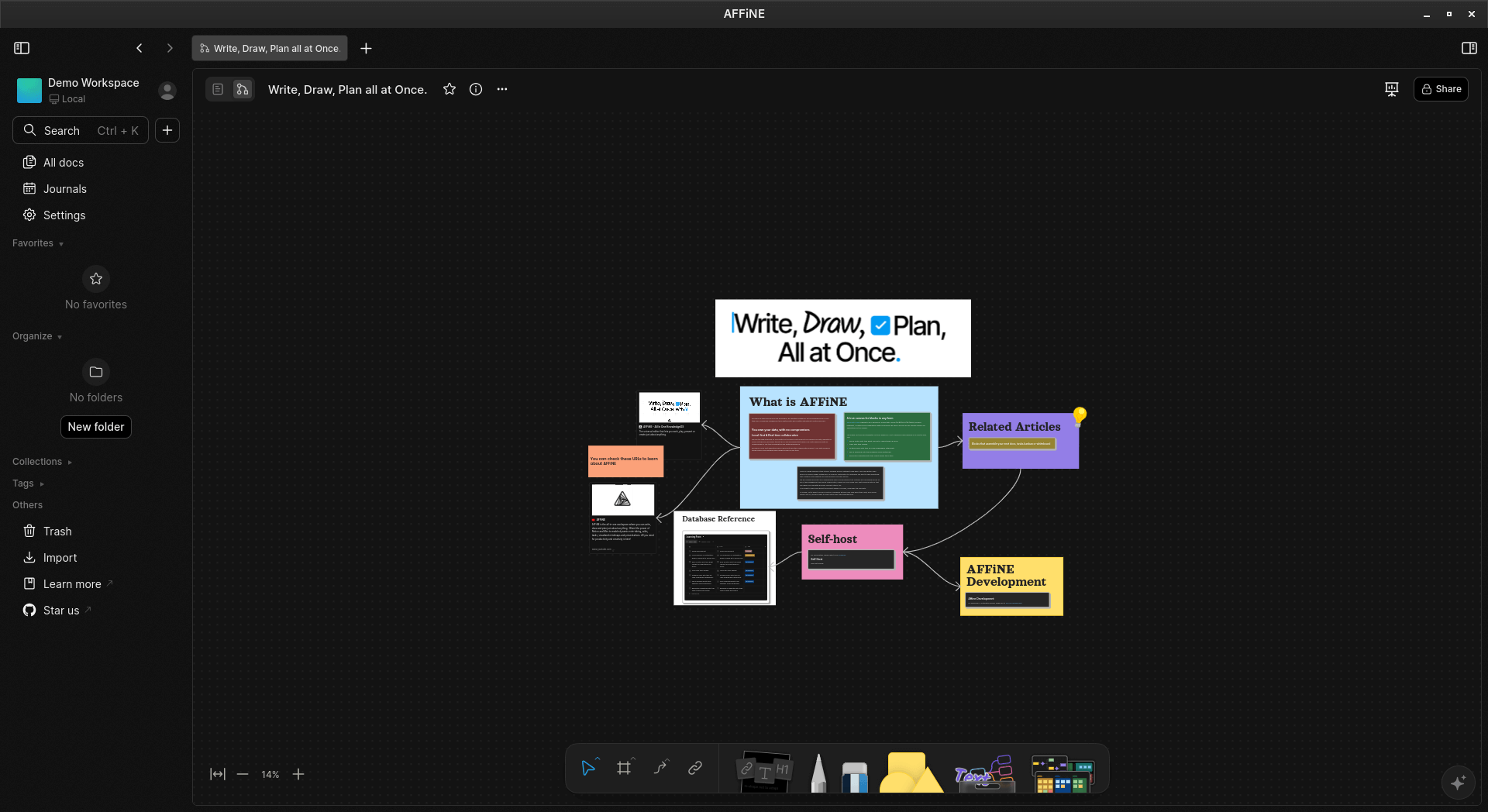
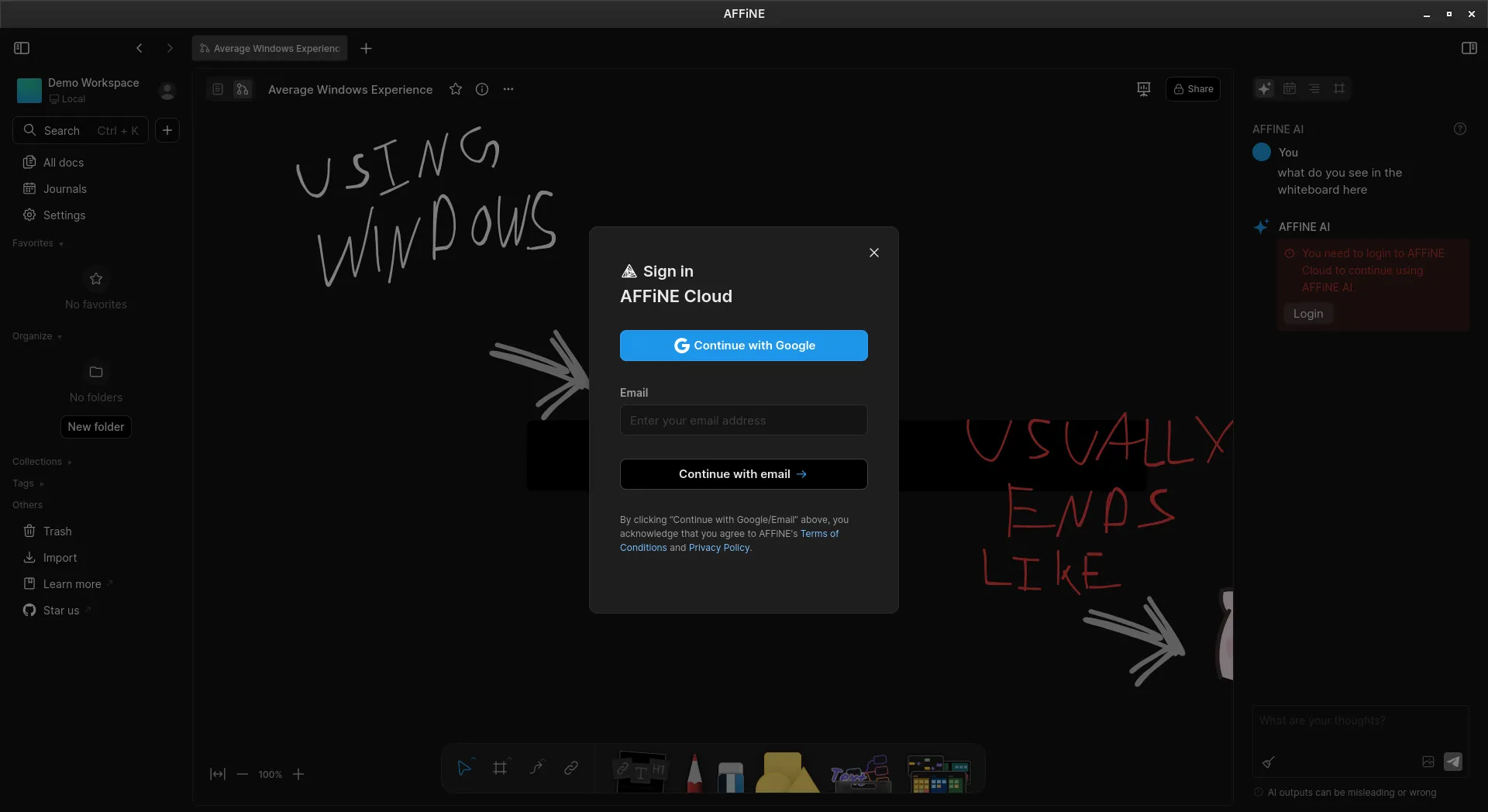
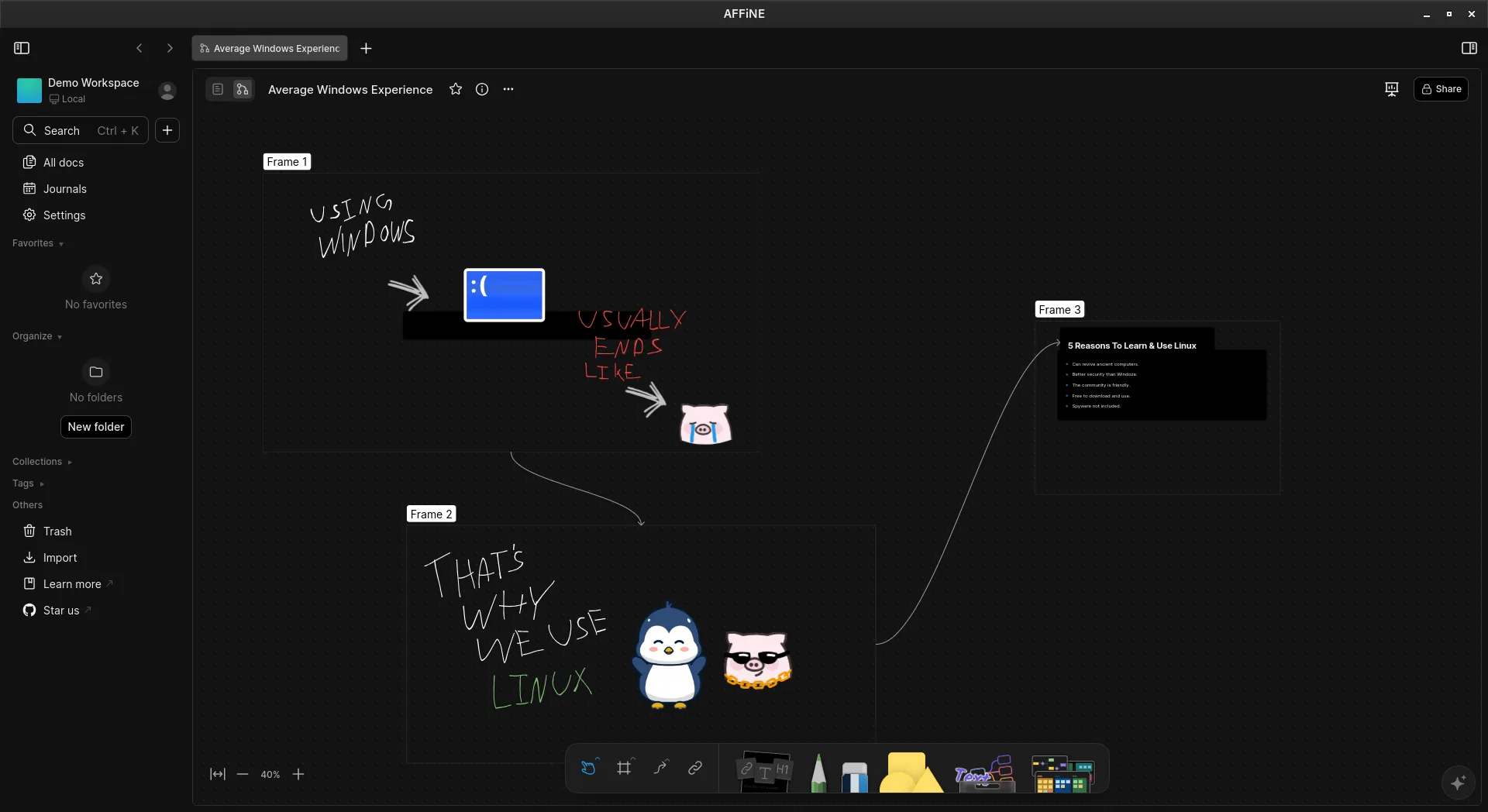
Considering it does not rely on the cloud, you can choose to use it completely offline (on your browser, or as an app).
2. AppFlowy
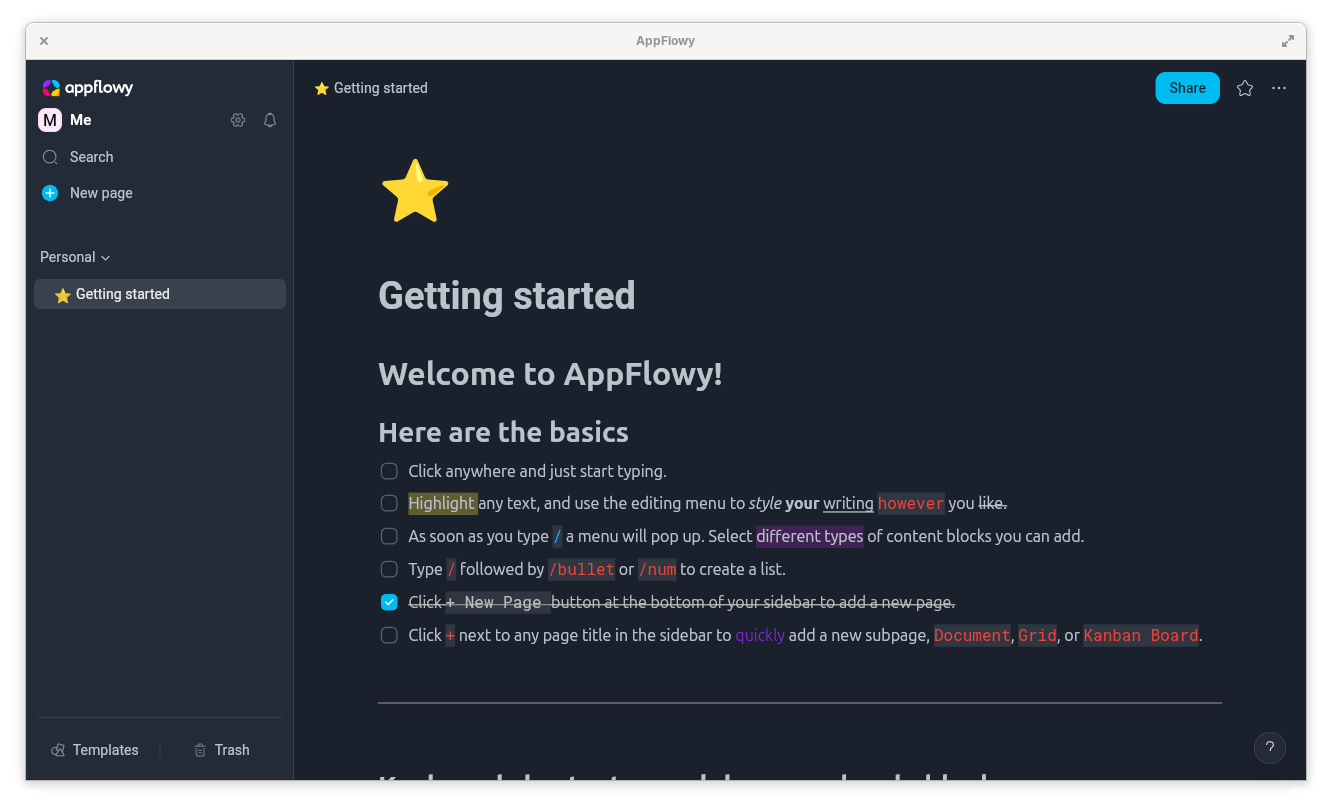
✅ Open Source
✅ Note-taking / Journal
✅ AI assistant (paid unlocks more usage)
✅ Self-host
✅ Android and iOS apps
✅ Templates
✅ Collaboration (cloud)
✅ Notion Import (cloud only)
❌Calendar
❌Two-factor Authentication (cloud)
❌Google Drive/Slack connections
❌No Notion import
AppFlowy is an offline Notion alternative. Unlike Notion, it is not available via the web browser. Yes, it does offer cloud features, but you need to utilize the desktop app for it.
I have been trying the app on and off for a year or more, only to realize that it gets improved with every update. AppFlowy tries to give you an open source Notion replacement, but with its touch. So, it will not feel like a clone when you use it.
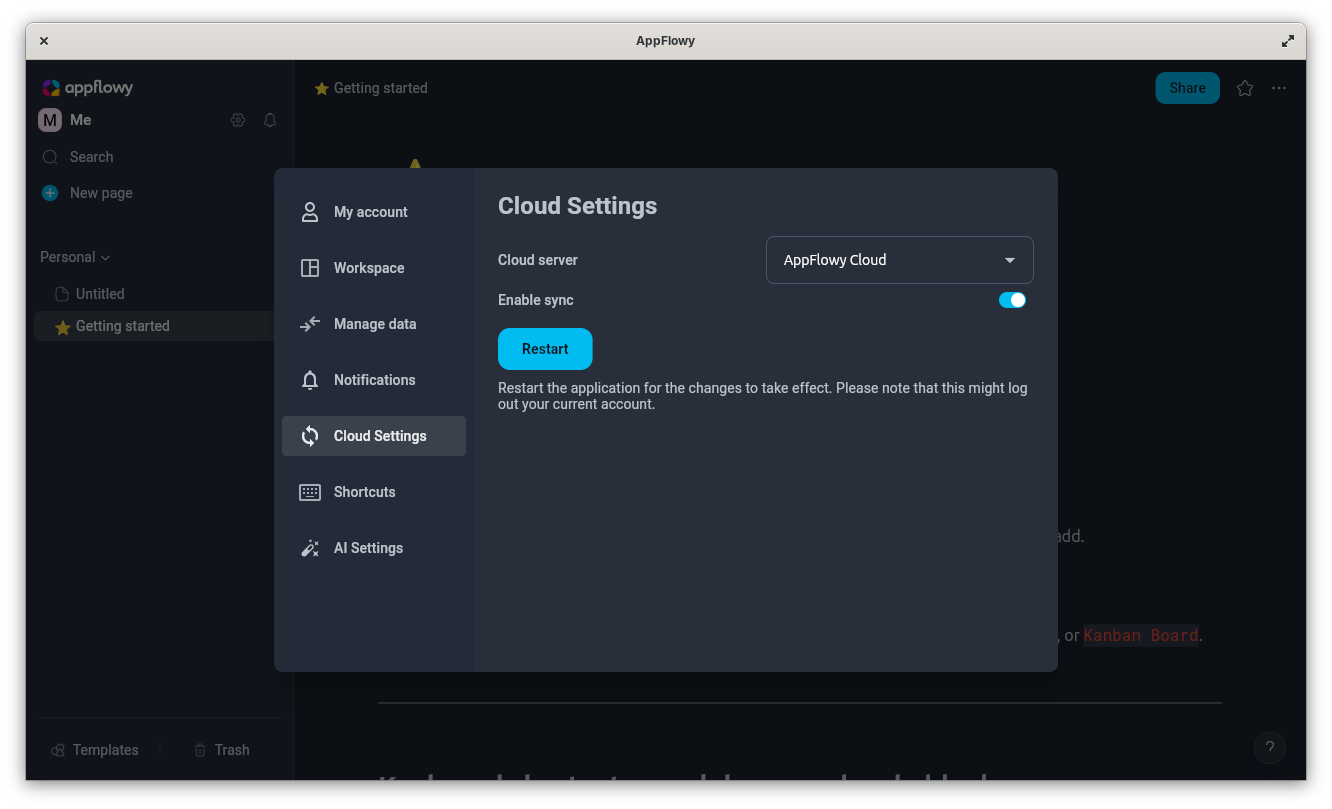
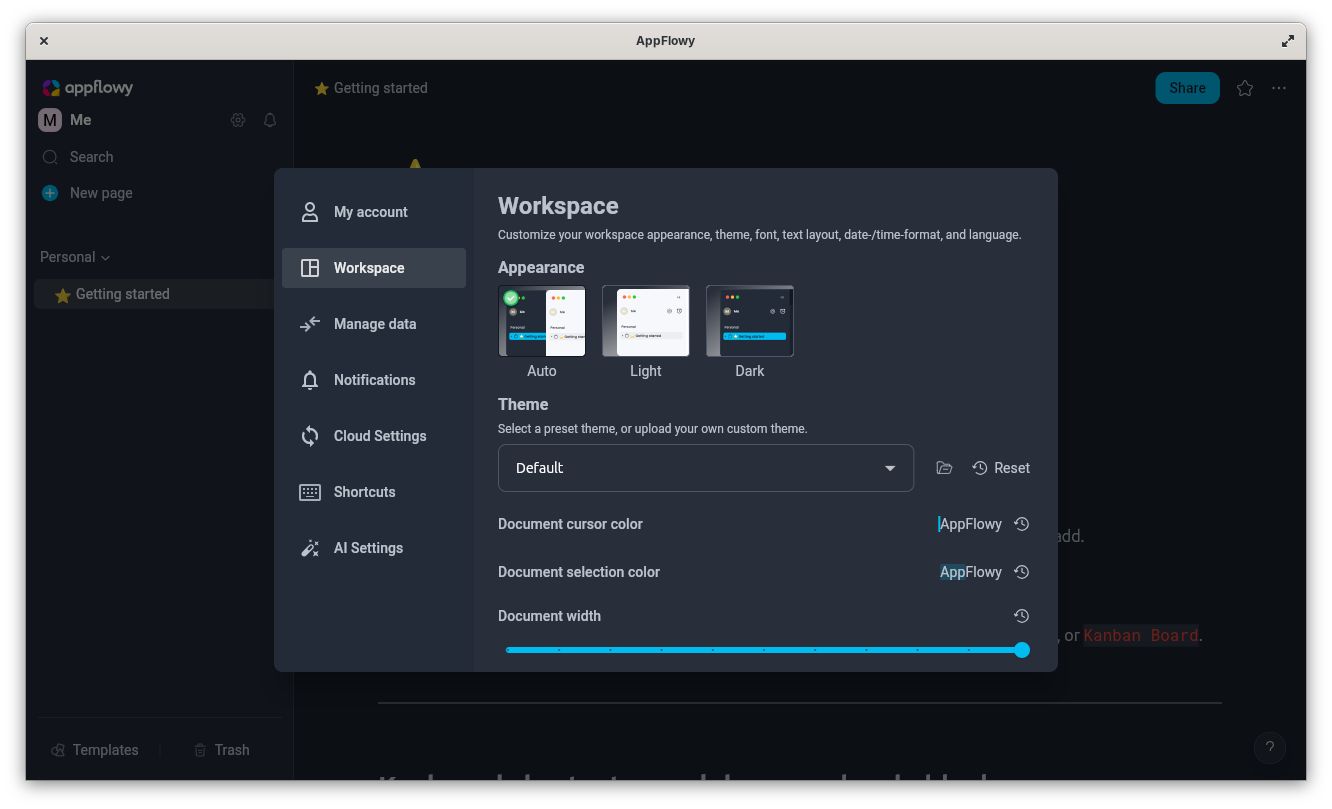
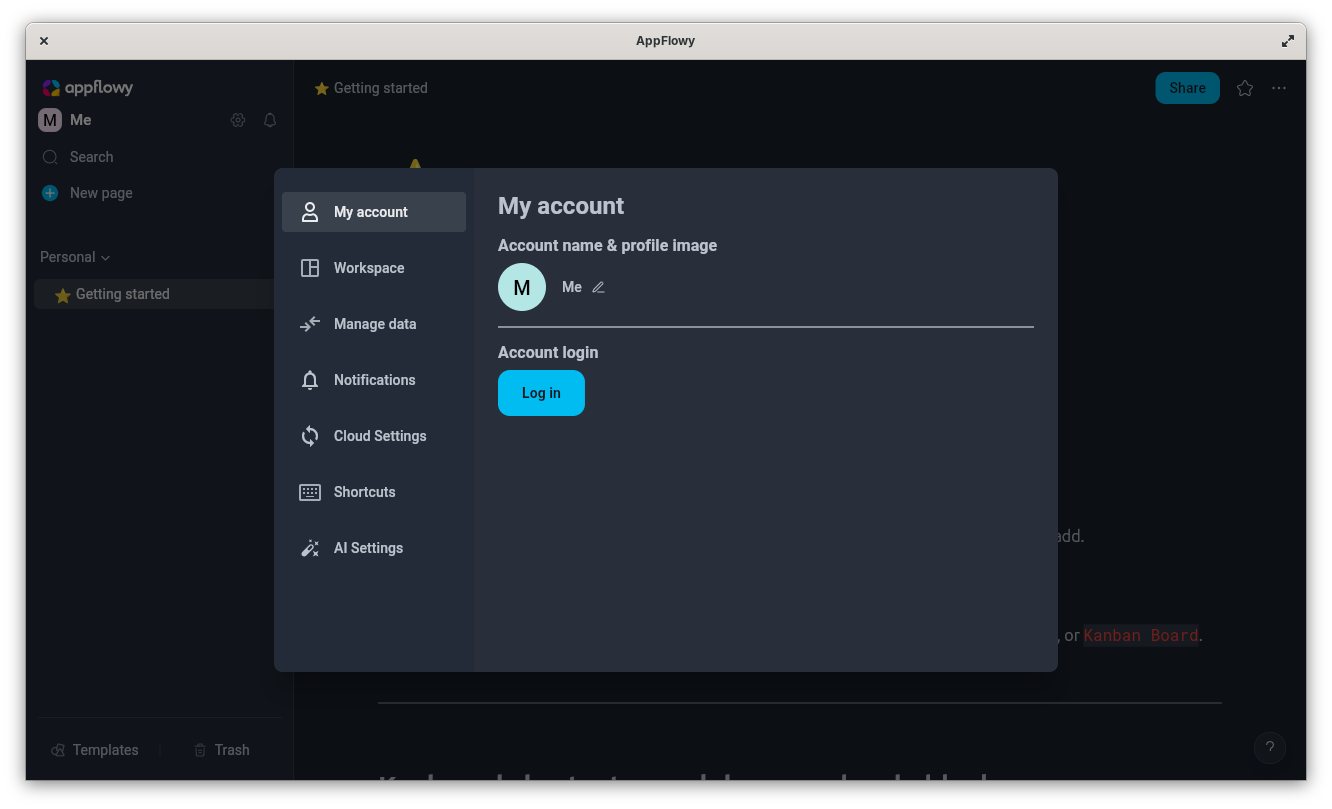
You just need to hit the "Anonymous" button on its start screen to use it offline without any account syncing feature.
And, of course, the AI features are exclusive to paid customers (and only if you are signed in using an online account).
The notion import feature for AppFlowy seems to require an online account, which is a bummer, but it offers mobile apps for both Android and iOS. Overall, it provides a balanced user experience.
3. Anytype (Source Available)
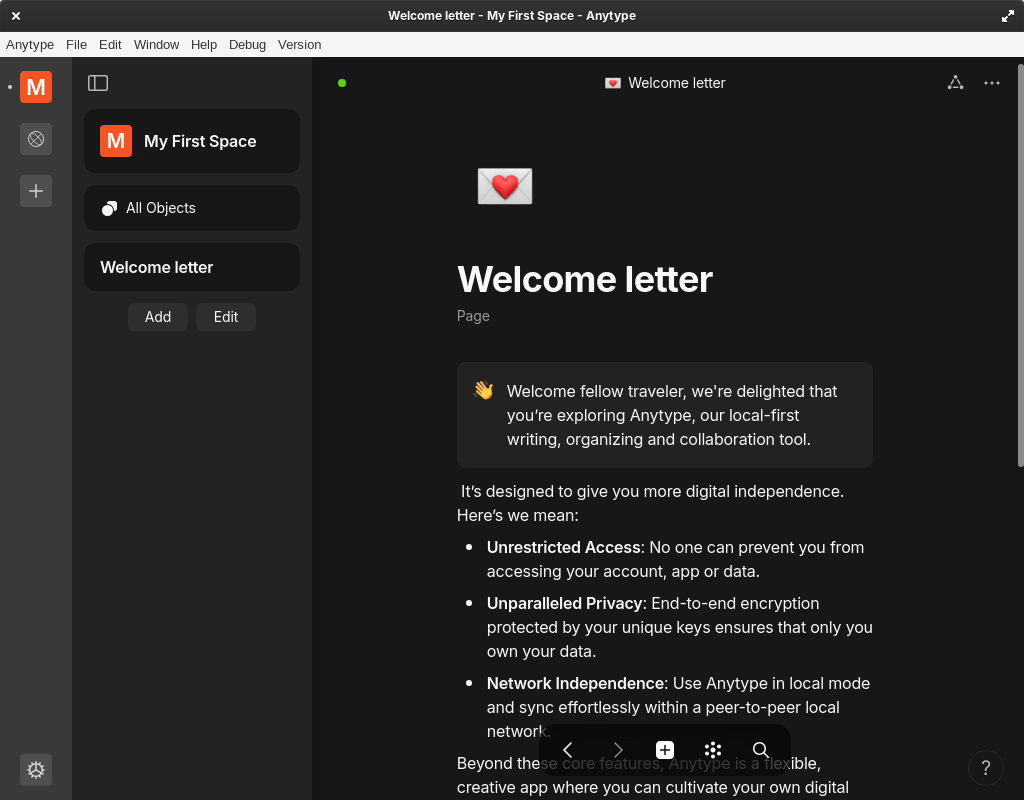
✅ Source-Available
✅ Note-taking / Journal
✅ Notion Import
✅ Self-host
✅ Templates
✅ Android and iOS apps
❌Calendar
❌Google Drive/Slack connections
❌Cloud sync
❌Not Open Source Entirely
Anytype is a local-first, and peer-to-peer focused app that mimics Notion functionality closely. You can create pages (a.k.a. Objects here) like the original app, and add elements to it to make it a note, to-do list, sheet, and so on. You can even use it for project management.
It is free to get started and offers paid plans. You can install the app on Linux (deb, rpm, AppImage), Windows, and macOS.
Unlike others, it is a decentralized alternative to the options I mention here. Your data will be synced cross-platform with the help of a key generated when you start (do not lose it). And, all of it is encrypted and resides on your device. So, if you are a privacy enthusiast, you will love this!
The protocols are open source (with MIT license), however, the app itself is source-available. If you are not too picky with the license, it is a solid app that does it nearly as good as Notion.
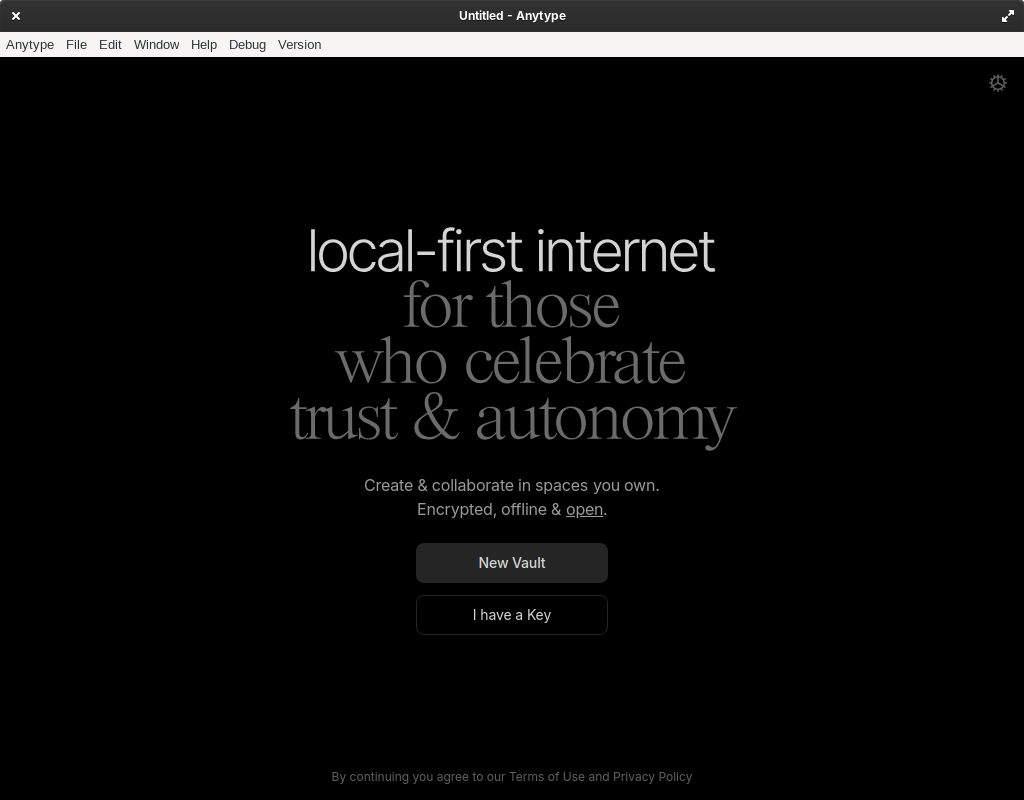
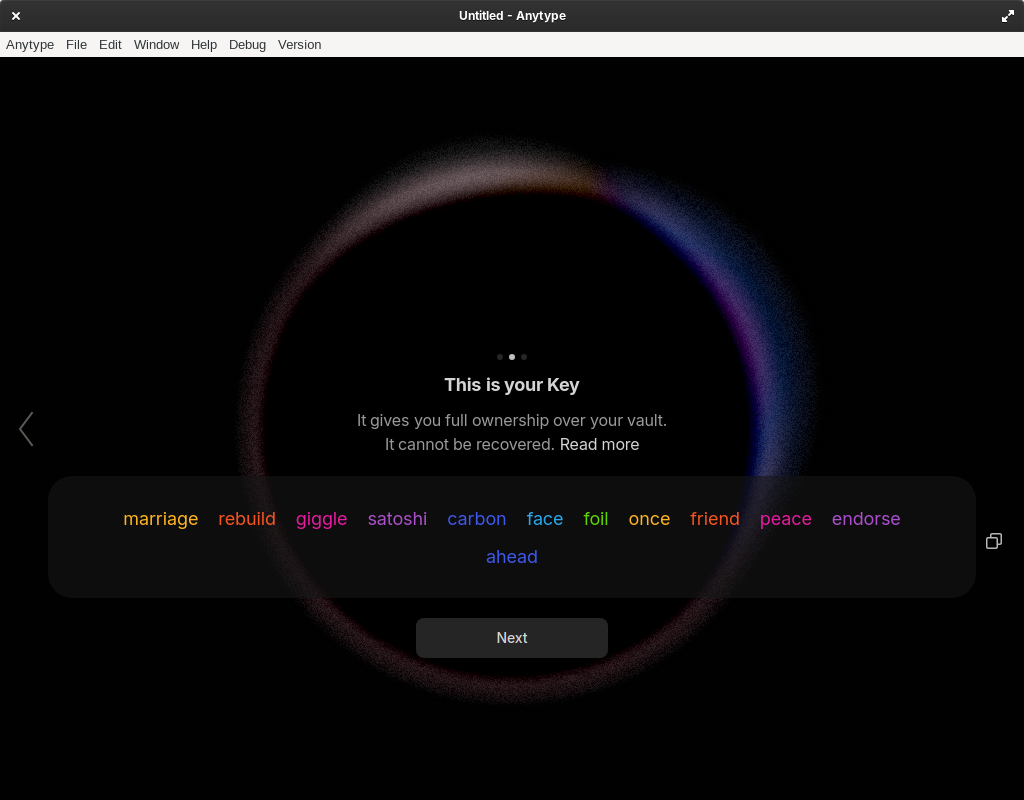
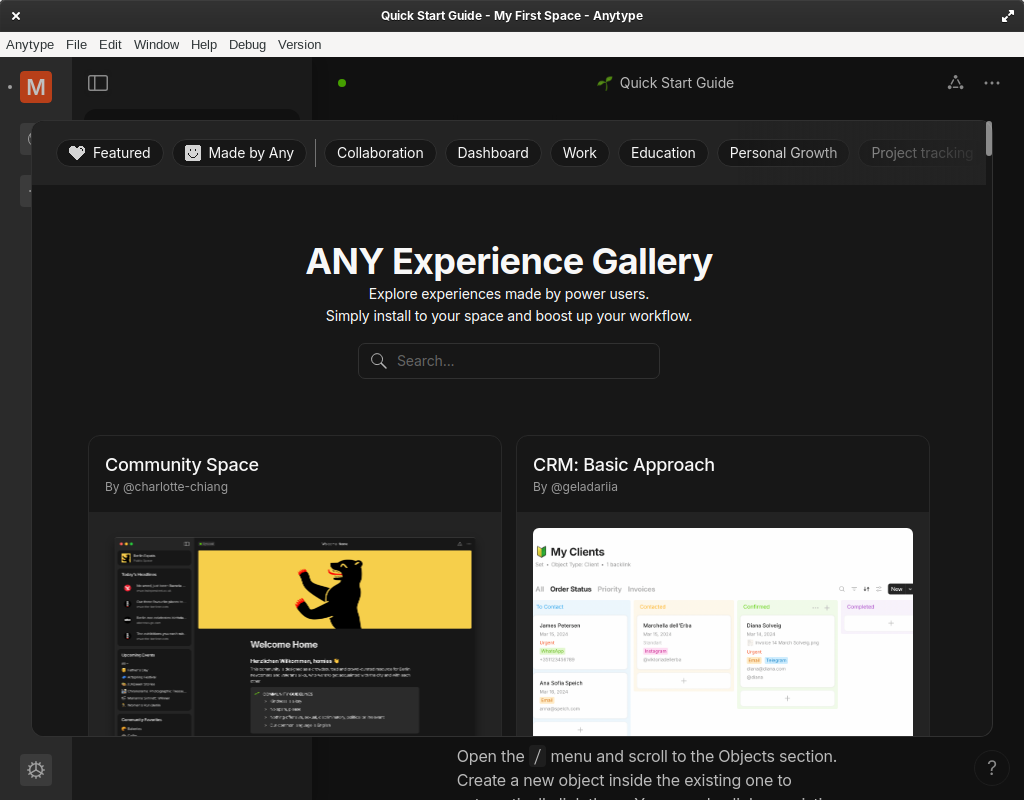
Anytype does offer a nice Notion import feature as well. However, it is not perfect (which they have mentioned in their documentation). So, you will have to do a little work after importing the data to organize it appropriately.
4. Docmost
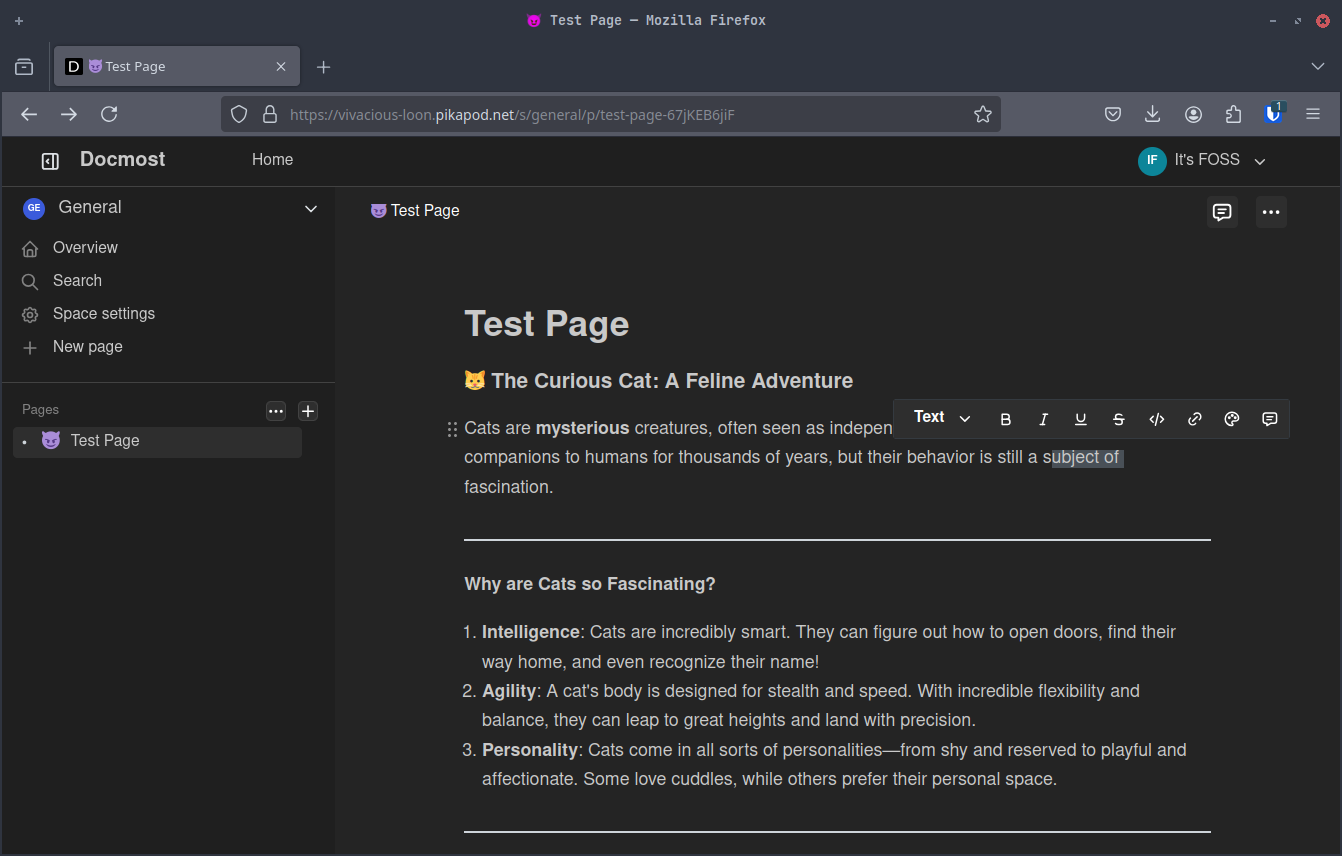
✅ Wiki / Documentation
✅ Self-host
✅ Version History
✅ Team Collaboration
❌ Templates
❌Calendar
❌Google Drive/Slack connections
❌No desktop or mobile apps
❌Notion Import
If you are all about building wikis and documentation pages, Docmost is the next best thing for you.
It is an open source project with no hosted offering (in beta phase when writing this). And, it is entirely a self-host option using Docker at the moment.
I used PikaPods to deploy it in a single click and it worked liked charm.
You get a Notion-like user interface, and you can build separate spaces to collaborate and create wikis/documents as per your requirements. The editor looks just like Notion. So, you will feel right at home.
Unfortunately, it does not include a Notion import feature, and does not offer a marketplace for templates (yet). Maybe they could add it in the future after its stable release.
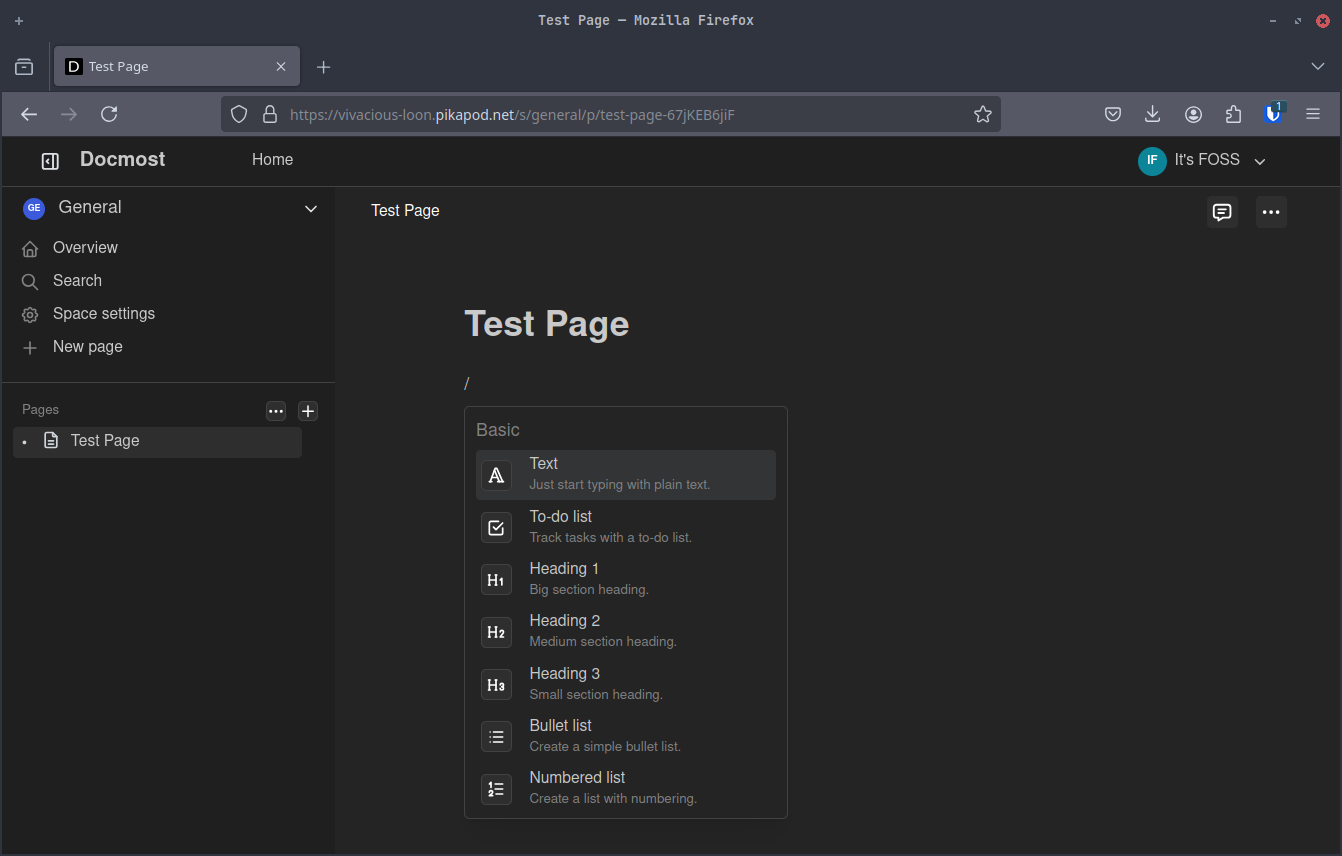
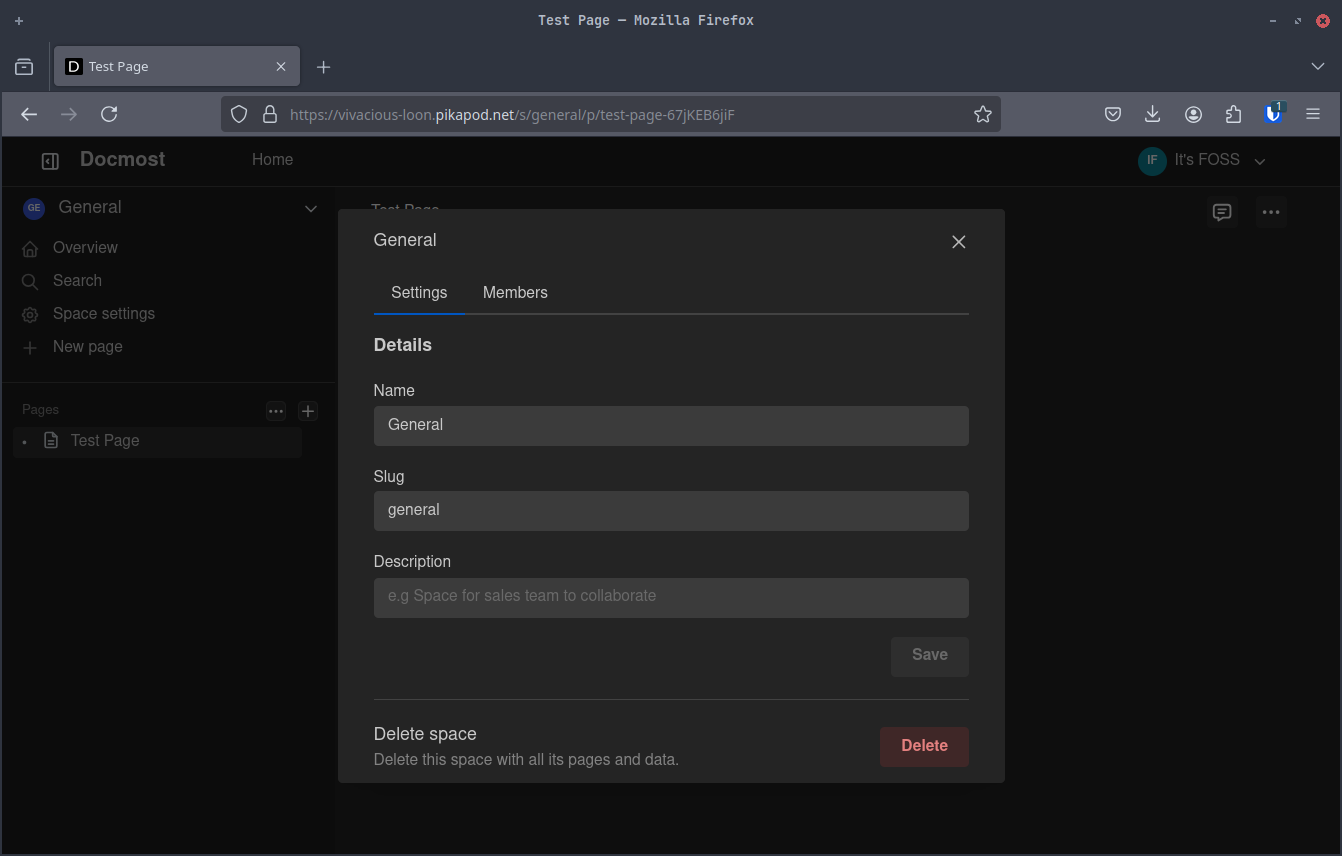
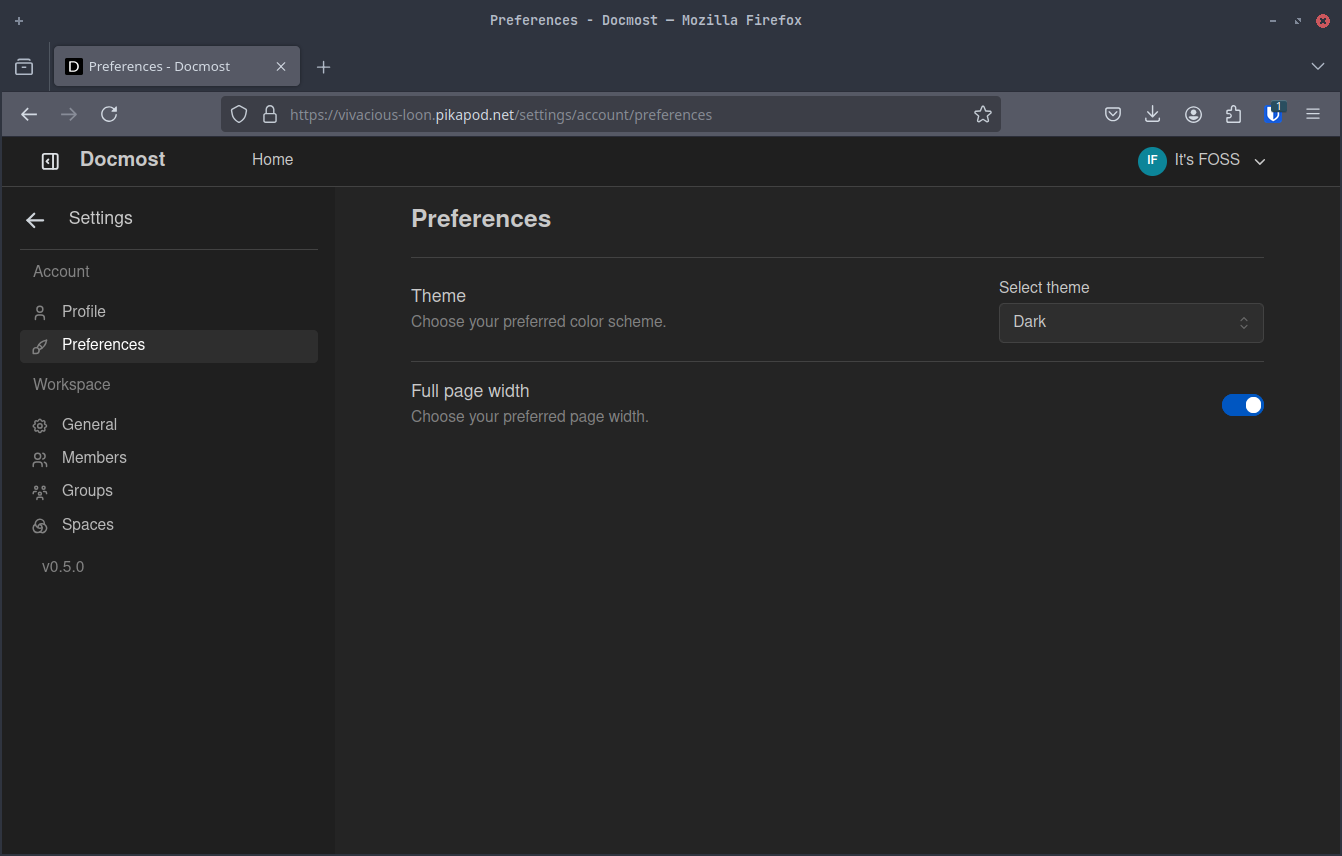
I think this is a suitable option for users laser-focused on creating one type of document.
5. Logseq
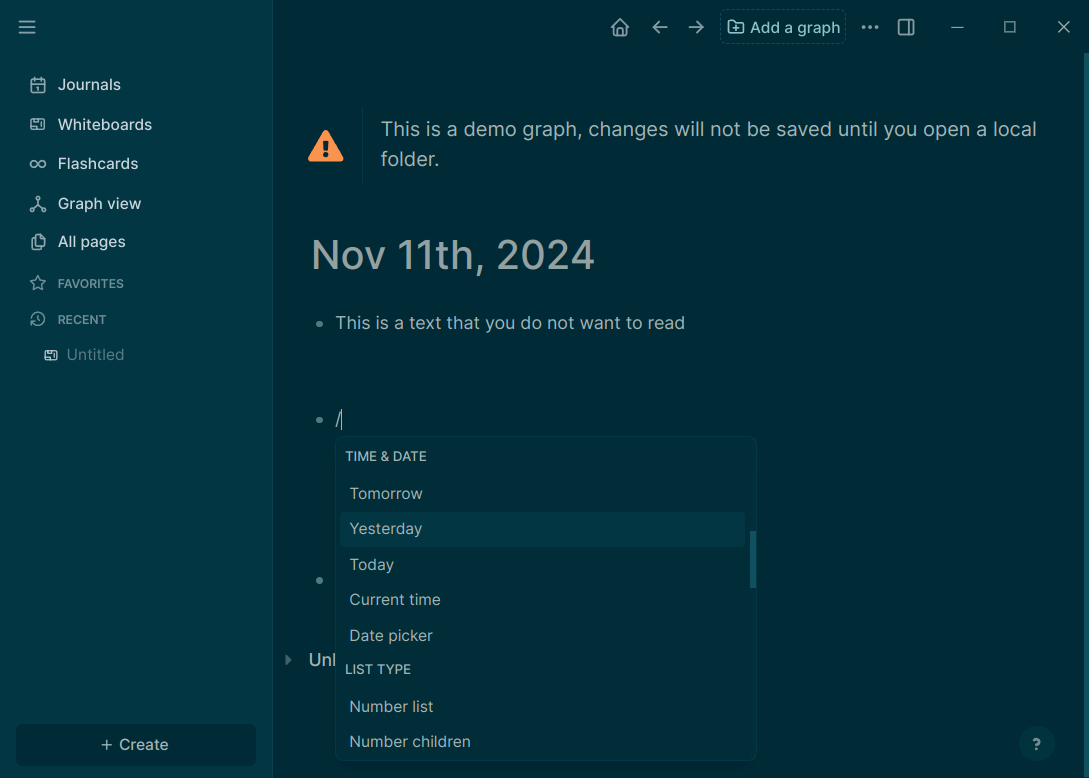
✅ Open Source
✅ Note-taking / Knowledge Base
✅ Notion Import
✅ Android and iOS apps
✅ Logseq Sync and Version History (a bit complex to set up)
🟡 Self-host
❌Calendar
❌Google Drive/Slack connections
❌Notion Import
❌Templates
I use Notion as a second brain app (or you could assume it as a knowledge base app). So, if you are like me, this is a great open source alternative tool for knowledge management.
Logseq is one of the best second brain open source apps that can replace Notion for users who want to build a knowledge base. Some users have managed to self-host it. However, there is insufficient documentation for it considering it is still in its beta phase. So, it may not be fruitful to try it out.
It is more of an alternative to Obsidian. Hence, it involves a learning curve to get started.
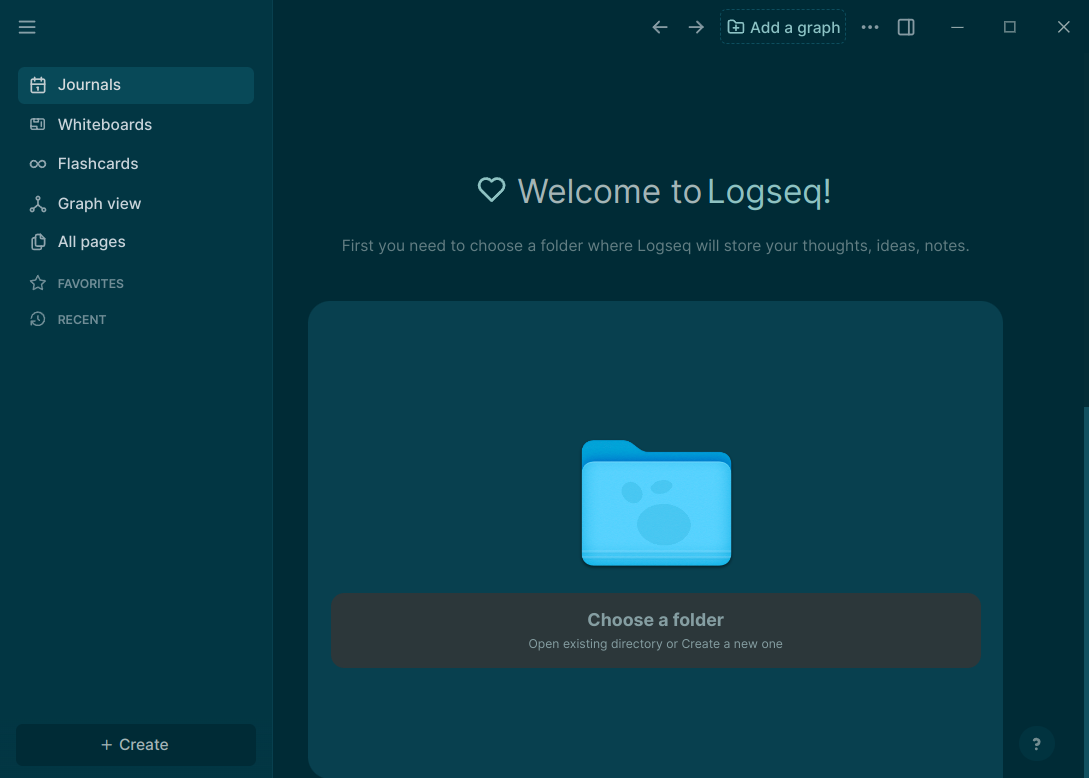
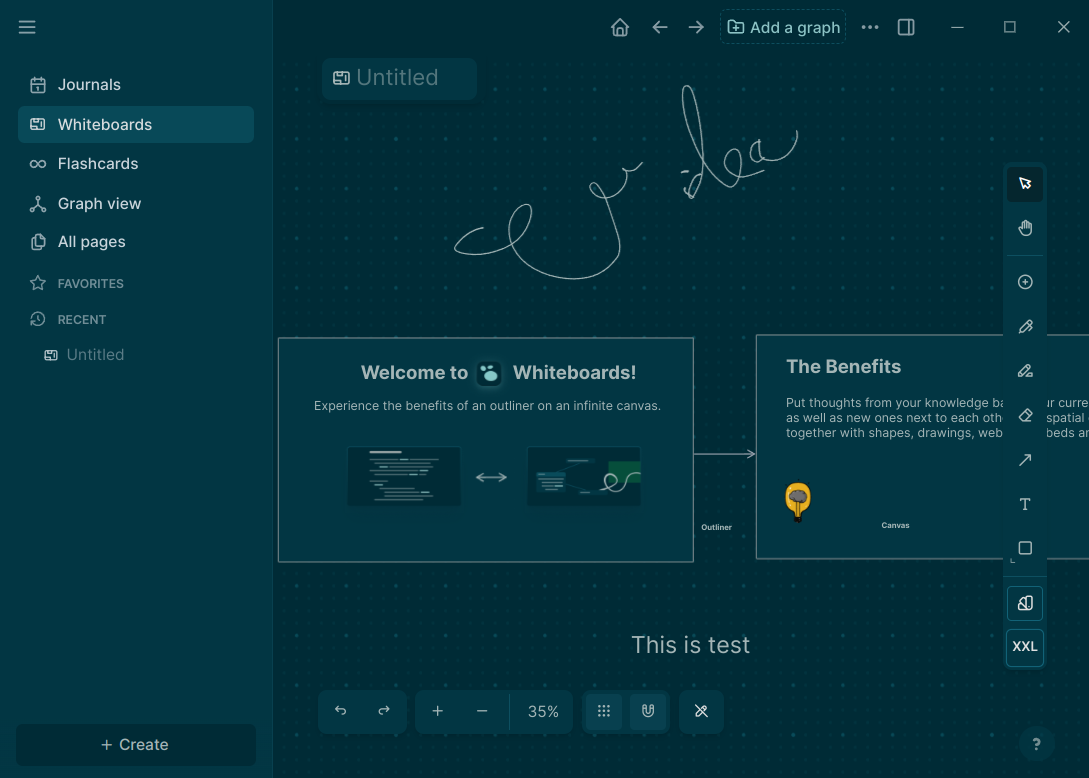
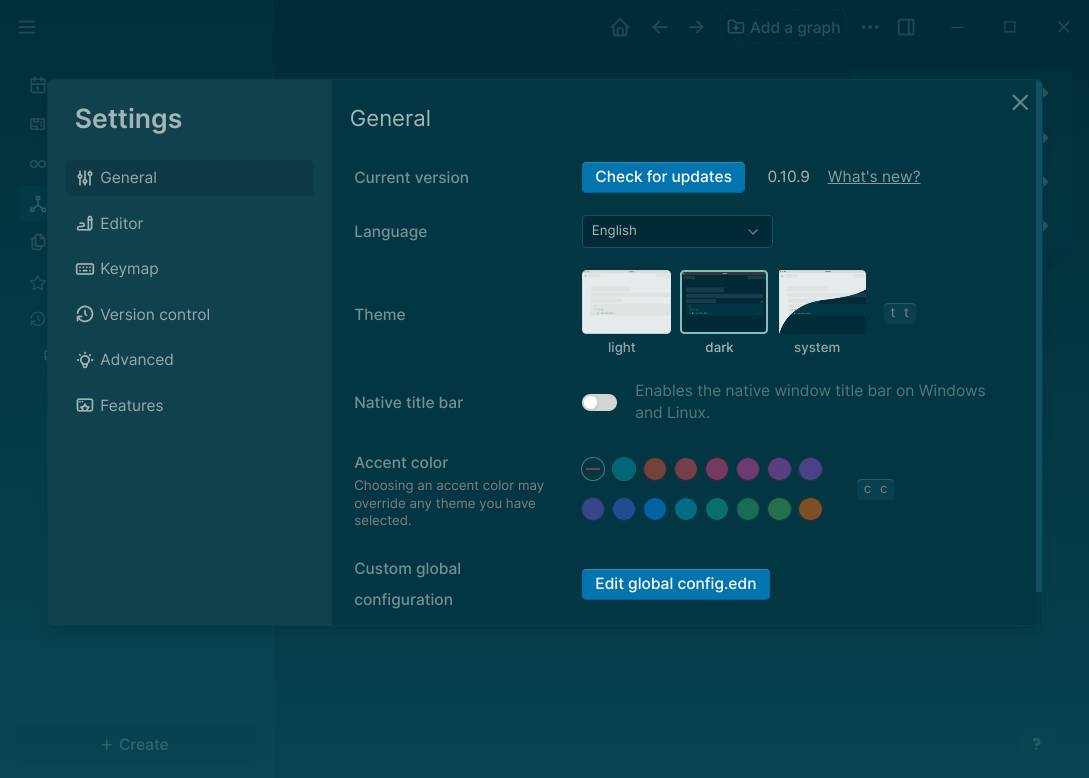
In a nutshell, you can organize all your thoughts, and connect them to build the ultimate knowledge base to refer to. Sure, it is not as easy as it sounds, but if you like it (and learn how to do it right), you are in for an exciting experience.
Suggested Read 📖

Wrapping Up
When looking for a Notion alternative, we need to take some pointers into account, such as the editor experience, revision history, the type of document, collaboration, sync, and a couple of others.
For some, it is just the UI, and for others, it is all about the functionality.
I hope these options should work for all kinds of preferences.
Furthermore, if you are on the lookout for something like Trello and Notion mixed up in one, you can try self-hosting Focalboard. It offers a personal desktop app as well (but that did not work in my testing).
💬 What do you think about the Notion alternatives mentioned? Did we miss one of your favorites? Let me know in the comments below!


